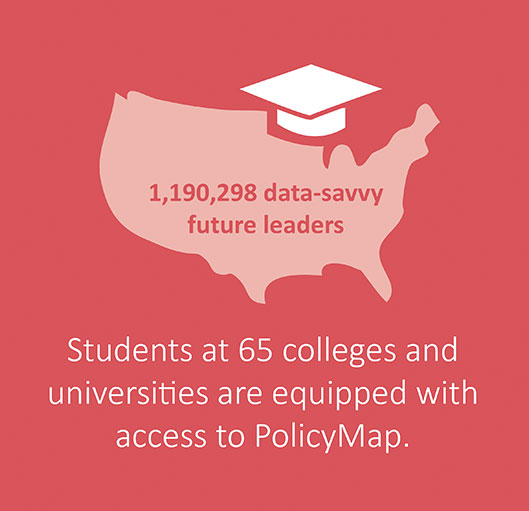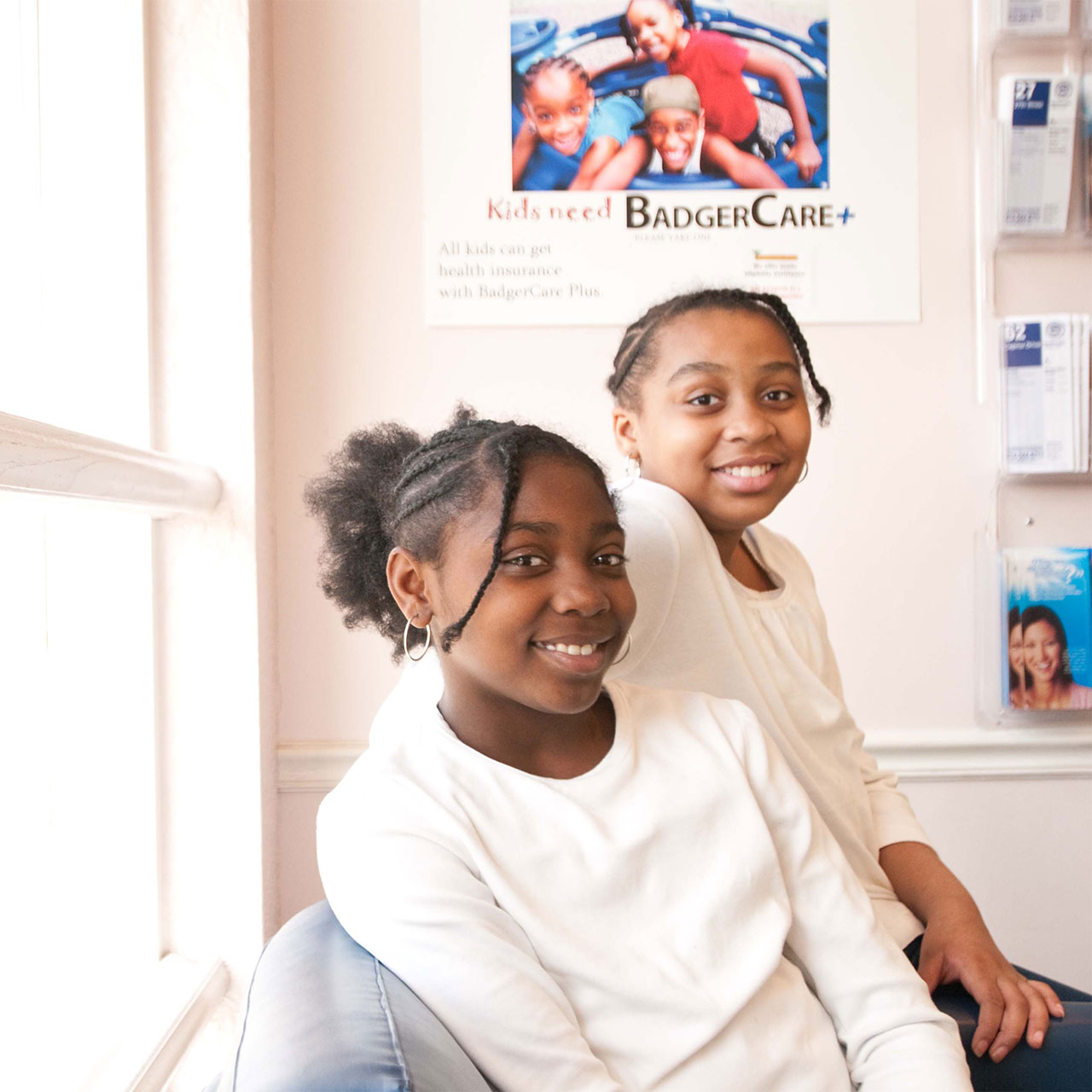Our Vision
$1 billion
It took 25 years for TRF to invest our first billion. As part of our ongoing commitment to strengthening communities, we intend to invest another billion in neighborhoods across the country over the next five years.
Empowerment through education

“When our students graduate, they have a high school diploma, an industry-recognized credential, a national service award to use towards post-secondary education and hopefully, and very often, an entirely new perspective on their own potential.”
YouthBuild is a unique, one-year program for young people who previously dropped out of high school. The curriculum combines academics and community service, with the goal of helping students earn their high school diplomas while learning real life skills and the value of civic engagement. TRF has provided financial advice and invested in YouthBuild Philadelphia from the very beginning. Since its inception in 1991, the program has graduated over 2,230 students.
Mobilizing data-savvy future leaders

Launched in 2011, PolicyMap empowers people and organizations with location intelligence. Today, more than 1 million college students have access to PolicyMap through 65 universities that have subscribed to the service. As students graduate and move on to their careers, this data-savvy capacity will go with them and help guide their decision making in government, business and nonprofit sectors.
“Having a platform that’s as robust as PolicyMap at students’ fingertips empowers them from a research perspective.”
Philadelphia’s changing food environment
Since the launch of the Pennsylvania Fresh Food Financing Initiative (FFFI), we know our work has had an impact: In Philadelphia, where TRF invested $74 million in healthy food retail between 2005 and 2013, nearly 187,000 people now have access to healthier food choices in their neighborhoods.
This is among the findings of TRF’s 2014 report on supermarket access. As an outgrowth of FFFI, TRF realized that in order to make food access more equal, we needed a better understanding of the communities in this country where people lack access to the basic amenity of a full-service supermarket. We considered not only distance, but population density and car ownership, and we compared those values to a standard of what it means to be “well served.” TRF’s Limited Supermarket Access (LSA) analysis is the result, and it is used nationwide by organizations that are working to resolve unequal access to fresh food in low-income communities.
The 2014 report includes updated data and new analysis, and we dove deeper to look at how unequally distributed access is by race and ethnicity. Lack of access disproportionately affects racial and ethnic minorities in many states, including Connecticut, the most unequal state, Pennsylvania, and Ohio. We also developed a measure of “store importance” that quantifies how much the closing of a store would impact surrounding food access. In Philadelphia, 67,000 people would live in LSA areas were it not for supermarkets that TRF financed.
An integrated approach to community health

“The things that make for a healthy community are not new—good schools, access to fresh food, affordable housing—but we need a new way of thinking about how to support and invest in those resources. Intentional integration of the organizations and services that support community health, from supermarkets and childcare centers to hospitals and public health agencies, can achieve better outcomes. But to do so will require a new capital culture. With our investments, TRF is working to propel that culture forward.”
TRF has a 30-year history of investment in quality housing, grocery stores, schools and early childhood education centers, community health clinics, green businesses and sustainable energy projects. Increasingly, we seek to integrate these services. For example, in Vineland, NJ, TRF not only helped residents gain access to healthy food with the new Bottino’s ShopRite, but thanks to the on-site health center, they also have a health care provider that is working to address diet-related diseases within the environment where decisions about diet are made.
Historic and environmental preservation
“The Eastern Shore Conservation Center will serve as an example for conservationists, urban planning, community design and redevelopment experts of what can be done to retain healthy, walkable and economically sustainable rural towns.”
TRF provided $6 million in New Markets Tax Credits to support the transformation of the historic McCord Laundry and Brick Row complex in downtown Easton, MD, into a hub for environmental nonprofits. Led by the Eastern Shore Land Conservancy, future tenants include the Town Creek Foundation and The Nature Conservancy. The building will also include public space for educational programming, forums, concerts and meetings about issues concerning Eastern Shore residents and organizations.








